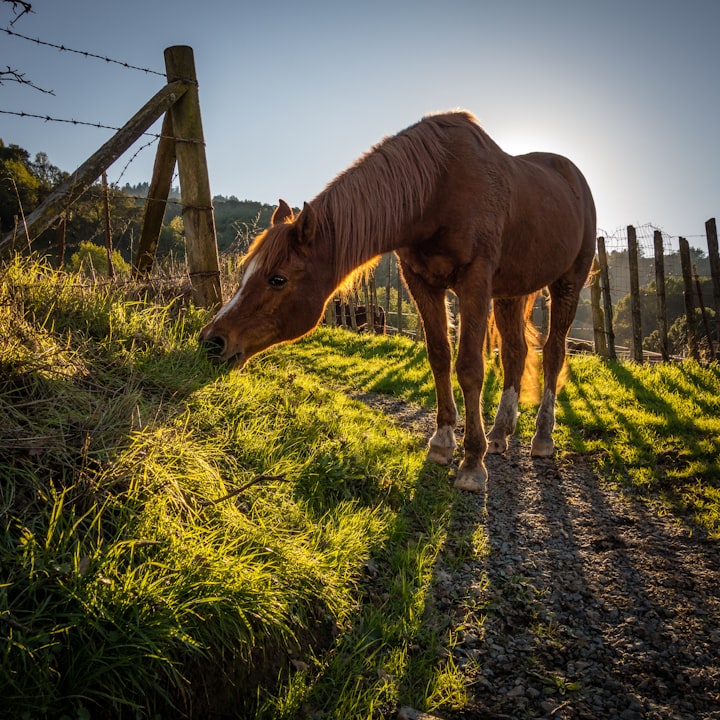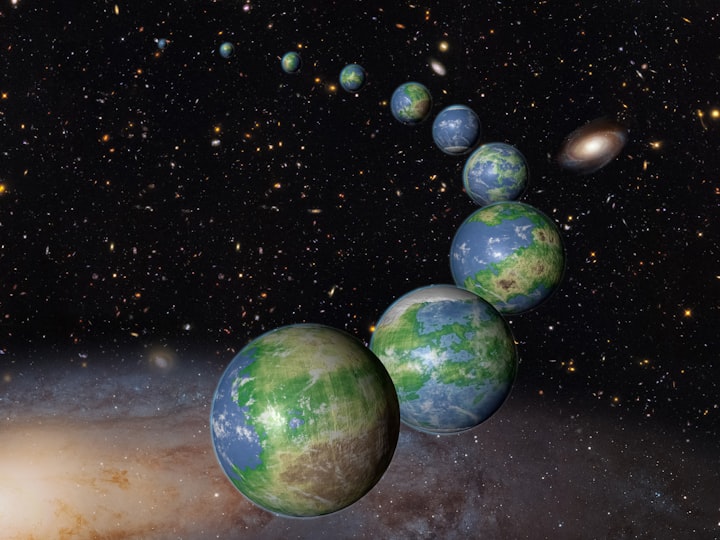Early Pastoral Tribe
A creative story to teach

Early History: Pastoral Tribe
The sun shone down on the steppes and plains, glinting off the tall reeds, which swayed in the soft breeze. I gently swiped a small bead of sweat from my forehead as my hands cramped from the constant motion of milking. I had been at this work for hours, jumping from one cow to the next, filling one container of the white liquid after another. I knew that my clan desperately needed the trading resources if we were to continue thriving, but, still, I grew drowsy from nature’s soft whispers. A large bee almost hummed me to sleep, but my thoughts cleared as a woman’s distant laughter shook me. I got back to work. After I filled a few more buckets with the rich milk, I stood up from my small stool with the bucket in hand and walked into our small abode.
Our tribe consisted of about thirty individuals, most of whom were my relatives. The long grass parted, opening up to reveal a small clearing, in which we stationed our small outpost. Even though we never stayed in one place for more than a month or so, our small tent-like hovels, large firepit, and production stations always looked the same. The same routine every day, but in different places. Rise with the sun, turn to the fields, care for the small children and animals, perhaps turn the milk into other dairy products, and then asleep. Such a pattern that was a necessity for survival. The days ran together like a serpent's scales—each individual one present, but only distinguished at closer examination. While trampling through the thin layer of reeds, I arrived at home. Malhala, one of our elders stood in front of a large stone bowl, turning a thickening substance. As I approached, she ceased her mixing, raising a wrinkled hand in greeting.
“Hello, Lillani,” she remarked, small brown eyes sparkling.
As I laid my milk buckets down on the table, I returned her smile, “Greetings, Malhala. What’s the word?”
She replied, “The men departed to raid the village in the east not only two hours ago. The council has decided that after this venture we are to go on towards the south to reach our seasonal shifts. The resources here are running short, and I am afraid poor Miluki will not make the journey.” She gestured to her left at a sickly-looking cow with a broad gash in its hoof.
This was a rare occurrence because when you live in a society that primarily harvests meat and dairy products, you tend to not feel too attached to the animals for which you cared.
“Do you think that we’ll find a village to trade with in the south?” I asked.
For a society that mainly pillaged, it was surprising to see the connections we could make. We never trusted the agrarian societies with which we traded goods, but, nevertheless, trading was one of the main reasons we survived through the ages.
“I’m not sure. The main reason we are moving is for the fields further south. I’ve heard stories that there are waterfalls and acres of plants that the cattle would love! The abundance could last us for a few months or even more.”
I nodded in understanding. “One more question: why is Miluki so important to you? I mean, if she’s not producing any milk, why do you care for her so much?”
A small smile curved at the edges at her thin lips. “Miluki is a special cow. She was gifted to me by my mother as a betrothal present. She’s been around for such a long time, but I can’t seem to let her go.” She paused. “Now, you best get back to work. If we are to leave early tomorrow, there is much to be done.”
I smiled at her as she continued to stir the cream.
Gently, I whipped a strand of coarse, brown hair out of my face, then turned to continue with my daily tasks.
About an hour and a half later, I gazed into the distance to see the men returning from their raid, carrying boxes of grain and an assortment of other items. Well, I guess that’s it. This time tomorrow we would be in a different plain—a new home.





Comments
There are no comments for this story
Be the first to respond and start the conversation.